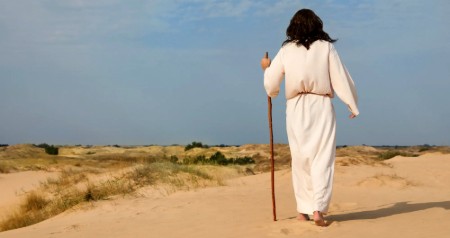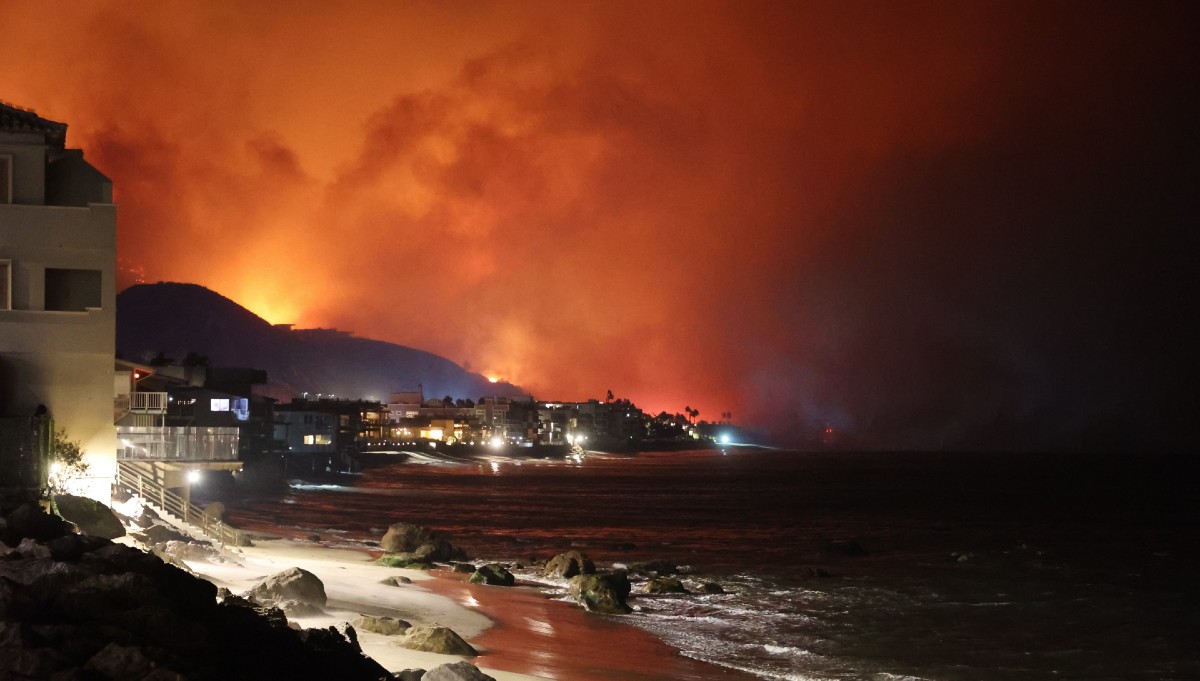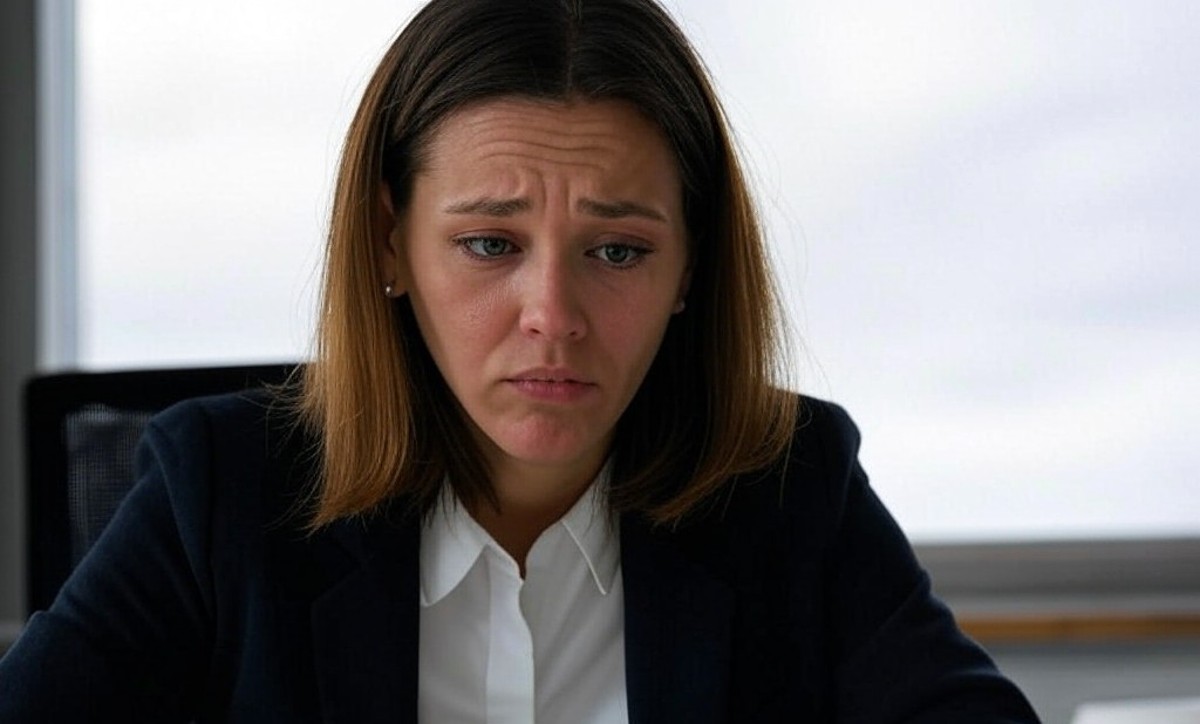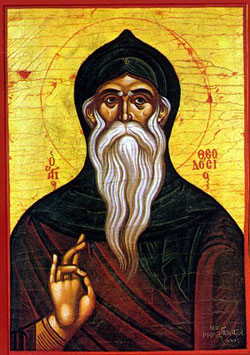We ask you, urgently: don’t scroll past this
Dear readers, Catholic Online was de-platformed by Shopify for our pro-life beliefs. They shut down our Catholic Online, Catholic Online School, Prayer Candles, and Catholic Online Learning Resources—essential faith tools serving over 1.4 million students and millions of families worldwide. Our founders, now in their 70's, just gave their entire life savings to protect this mission. But fewer than 2% of readers donate. If everyone gave just $5, the cost of a coffee, we could rebuild stronger and keep Catholic education free for all. Stand with us in faith. Thank you.Help Now >
Notre Dame's Watershed Moment
FREE Catholic Classes
It needs to return to the basics of what it means to be Catholic and what it means to be a Catholic university.
Highlights
Zenit News Agency (www.zenit.org)
5/29/2009 (1 decade ago)
Published in College & University
SOUTH BEND, Indiana (Zenit) - While the debate over Notre Dame's Catholic identity is nothing new, the recent controversy surrounding its decision to honor President Barack Obama may be a watershed moment for the university.
Father John Jenkins, the university's president, put the issue front and center when he invited Obama, a staunch defender of abortion rights, to give the May 17 commencement address. The university also bestowed on him an honorary law degree.
The gesture drew national and international media attention as some 80 bishops and more than 367,000 Catholics voiced disagreement with Father Jenkins, saying he was compromising the school's Catholic identity. They said he disregarded the 2004 guidelines from the U.S. bishops that state: "Catholic institutions should not honor those who act in defiance of our fundamental moral principles" with "awards, honors, or platforms which would suggest support for their actions."
The university's leadership didn't budge, and Obama was greeted on campus with a standing ovation at commencement. Hecklers were shouted down while students chanted, "Yes, we can." Forty seniors -- out of a graduating class of more than 2,900 -- boycotted the ceremony.
Such a reaction might seem to indicate there is only a small remnant of faith left on campus.
But according to senior Mary Daly, president of the Notre Dame Right to Life group and chief editor of the Irish Rover, a campus newspaper, that's not exactly the case.
Daly told ZENIT that the admissions office reports that 80%-85% of every incoming class is Catholic.She also noted a "strong subculture within the student body of earnest Catholics: people who are making sincere efforts to grow in their faith and to discern and live out God's will in their lives."
She described Notre Dame as a place that has "adoration five days a week on campus, Mass in all the dormitory chapels at least four times a week, and priests in every dorm."
Faith
Thus, Daly said, "if you are serious about your Catholic faith and want to grow in your personal relationship with Christ, this is an excellent place to do so," though, she acknowledged, you have to be willing to "challenge yourself."
Christina Holmstrom, a 2008 graduate and a campus ministry intern, affirmed to ZENIT that "faith is not only a commonality for much of Notre Dame's population, but it is also a source of challenge and strength."
She reported a "number of students taking part in regular service opportunities through the Center for Social Concerns, student-led faith-based groups, Bible studies and liturgies."
Holmstrom also noted the "hundreds" of graduates who "take their Notre Dame education and apply it to domestic and international volunteer programs, ministry work, teaching, medicine, their careers and their families," as the "greatest testament to the influence of faith on this campus."
At Notre Dame, she said, faith "finds its source and summit in the Eucharist and active participation in the Church and is lived out in a life of service to others."
Paolo Carozza, a law professor at Notre Dame and the faculty advisor to the Communion and Liberation student organization, affirmed: "If faith at Notre Dame remains for us a matter of words, of discourse, of ethics, or of projects, then the university will never correspond to the immensity of what our hearts desire from it. "Faith has to become an experience, a life."
Identity
The professor added that this happens on campus "all the time." This lived faith is something to "nourish for the life of the Church and for the world," he said, "because it is the only thing, ultimately, capable of generating and sustaining a Catholic university." Without it, Carozza stated, nothing can keep Notre Dame from "being just like any other institution."
Notre Dame's identity in relation to other institutions, however, is part of the dilemma. The Cardinal Newman Society, in its 2007 publication of "The Newman Guide to Catholic Colleges," wrote the epilogue on Notre Dame, which it describes as being in a "complex" situation.
The guide analyzed a wide spectrum of Catholic colleges: those that "have fallen victim to secularization and have chosen to minimize their Catholic identity," others that are "struggling to determine their direction," and the institutions that live their Catholic mission in "exemplary" ways.
In the spectrum, Notre Dame falls into a category all its own, with a strong academic reputation and overall renown, as well as a "vibrant spiritual life that comes at a time when most large Catholic universities have become increasingly more secularized."
Despite these positive aspects, the Newman society notes issues that "prevent us from recommending Notre Dame." The guide particularly notes the school's debate about "academic freedom," which encompasses the history of performances of the Vagina Monologues, programs supporting a homosexual lifestyle, and faculty members speaking out against Church teaching.
It states that for students to thrive at this school, they need a good Catholic formation, and the "exercise of caution in their course selections and social life."
Truth
As a student, Daly acknowledged that the university lacks resources for "students to actually learn about their Catholic faith." The senior said: "We need to know what the teachings are, how the doctrine was arrived at, and how sometimes standing up for truth requires us to be somewhat counter-cultural.I think students at Notre Dame are interested in their religion and are looking for truth."
What we need from the university, she said, on top of all the beautiful buildings and shrines, is the truth.Daly reported that every student is required to take two theology classes and two philosophy courses, but most do not receive "very high quality" courses in these subject areas.She explained that often the introductory course instructors will "give their interpretation" on matters of faith.
Although we "cannot inhibit freedom of speech," she said, "it can be very misleading and disadvantageous to those students" who are not already educated in Catholic theology and philosophy to be presented with personal opinions of instructors.
The Newman guide reports that Catholic professors number around 53% of the total faculty, but noted that Father Jenkins launched an initiative to strengthen the hiring of Catholic faculty.As well, due to his actions, this year marked the first time in eight years that the Vagina Monologues student production was canceled. Steps such as these are inspiring hope for Notre Dame's future as a Catholic university.
Carozza expressed this hope, noting that "one can see here all sorts of signs that Christ is present in the life of the university as a university." He noted that this is "evident in relationships among faculty and students, in classrooms, and in research programs." Carozza acknowledged some "extremely weighty and difficult challenges" in reaching this ideal, including the "dualism between faith and reason that pervades universities and modern life generally."
The professor also noted the difficulty in "understanding and accepting that communion with the Church is not a limitation or restriction on the nature of the university but the opposite -- it is a condition of freedom and a safeguard of reason." He concluded that these "weaknesses begin in our own hearts, in our personal incapacity, and that is the first place where they need to be met."
Franciscan Father John Coughlin, Notre Dame law professor, echoed this hopeful vision, stating to ZENIT that "prayer is the key to the challenges ahead at our beloved Notre Dame."
There is no "magic plan or program," he said, but the hope for the university lies in "humble prayer to the Sacred Heart and pro-life action based on the reality of people struggling to be saints."
"Hope is a theological virtue," the priest said, that "stems from humble prayer" and "must also be based in reality."
"The fact that there are so many excellent Catholic professors and students" is "the reality upon which I base my hope for a lively Catholic faith at the university," he affirmed.Father Coughlin added, "We can be the yeast in the dough that becomes the Bread of Life."
Daly, who helped organize a 3,000-strong rally on graduation day to support Notre Dame's pro-life, Catholic identity, affirmed that "there is great support for Notre Dame to do something profound, sincere and real to commit itself to the pro-life cause, and by default to fidelity to the Church."
"Notre Dame needs to celebrate its Catholic identity," she stated. "In an age when diversity is so highly valued, Notre Dame should flaunt its uniqueness as a Catholic institution and refuse to fall in step with other 'prestigious' universities."
The senior asserted, "What makes Notre Dame special is its commitment to the 'pursuit and sharing of the truth for the sake of itself.'It "needs to return to the basics of what it means to be Catholic, and what it means to be a Catholic university," Daly said.
She added some suggestions for enhancing the school's Catholic identity: "increase the presence of Catholic faculty on campus, make a public statement that confirms they will never participate in embryonic stem cell research, appoint a pro-life ombudsperson, [and] host leaders from the Church at the university so that they can teach young Catholics how they should act in a modern society."
Join the Movement
When you sign up below, you don't just join an email list - you're joining an entire movement for Free world class Catholic education.
-

-
Mysteries of the Rosary
-
St. Faustina Kowalska
-
Litany of the Blessed Virgin Mary
-
Saint of the Day for Wednesday, Oct 4th, 2023
-
Popular Saints
-
St. Francis of Assisi
-
Bible
-
Female / Women Saints
-
7 Morning Prayers you need to get your day started with God
-
Litany of the Blessed Virgin Mary
Introducing "Journey with the Messiah" - A Revolutionary Way to Experience the Bible
-

Catholic Response to Devastating Los Angeles Wildfires
-

Federal Court Blocks Biden Administration's Gender Identity Rule
-
A Future for Life: Introducing the Winners of the Priests for Life Pro-Life Essay Contest
-
Reflections on Pope Francis' 2025 World Day of Peace message
Daily Catholic
 Daily Readings for Saturday, January 11, 2025
Daily Readings for Saturday, January 11, 2025 St. Theodosius the Cenobiarch: Saint of the Day for Saturday, January 11, 2025
St. Theodosius the Cenobiarch: Saint of the Day for Saturday, January 11, 2025 Prayer for a Blessing on the New Year: Prayer of the Day for Tuesday, December 31, 2024
Prayer for a Blessing on the New Year: Prayer of the Day for Tuesday, December 31, 2024- Daily Readings for Friday, January 10, 2025
- St. William of Bourges: Saint of the Day for Friday, January 10, 2025
- St. Theresa of the Child Jesus: Prayer of the Day for Monday, December 30, 2024
![]()
Copyright 2024 Catholic Online. All materials contained on this site, whether written, audible or visual are the exclusive property of Catholic Online and are protected under U.S. and International copyright laws, © Copyright 2024 Catholic Online. Any unauthorized use, without prior written consent of Catholic Online is strictly forbidden and prohibited.
Catholic Online is a Project of Your Catholic Voice Foundation, a Not-for-Profit Corporation. Your Catholic Voice Foundation has been granted a recognition of tax exemption under Section 501(c)(3) of the Internal Revenue Code. Federal Tax Identification Number: 81-0596847. Your gift is tax-deductible as allowed by law.








 Daily Readings for Saturday, January 11, 2025
Daily Readings for Saturday, January 11, 2025 St. Theodosius the Cenobiarch: Saint of the Day for Saturday, January 11, 2025
St. Theodosius the Cenobiarch: Saint of the Day for Saturday, January 11, 2025 Prayer for a Blessing on the New Year: Prayer of the Day for Tuesday, December 31, 2024
Prayer for a Blessing on the New Year: Prayer of the Day for Tuesday, December 31, 2024


